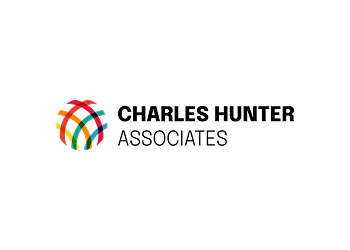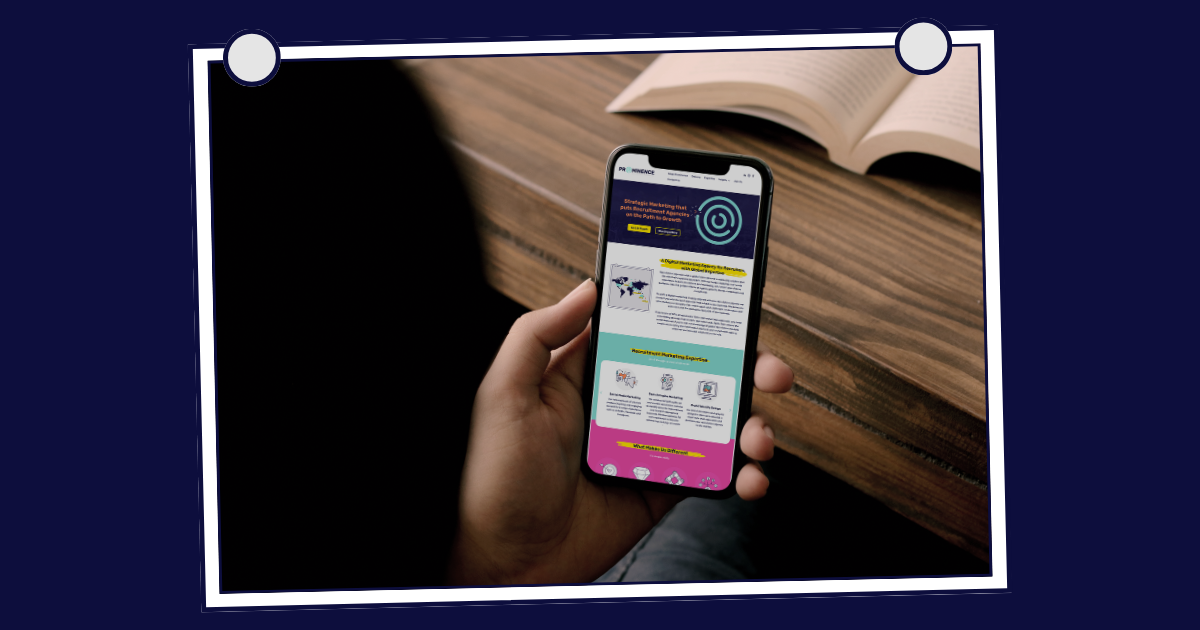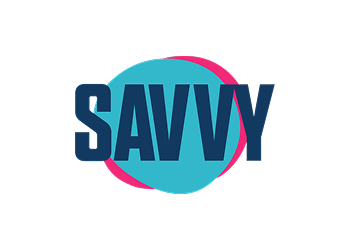What AI Means for Your SEO Strategy
The rise of AI is transforming how SEO for recruitment agencies works. More people are using tools like ChatGPT, Claude and Perplexity with the intent to find a product or service, while Google and Bing have embraced AI-generated overviews of their search results.
While AI currently accounts for just a tiny slice of referral traffic, it’s already impacting SEO for recruitment websites in significant ways. About 63% of all websites are receiving at least some traffic from AI tools, with ChatGPT responsible for half of all AI-driven visits, according to an Ahrefs analysis.
That said, Google still dominates, driving 345 times more traffic than AI and has 80% of search market share, so traditional SEO is far from dead. It’s just that what was ‘SEO best practice’ five years ago looks a bit different today. AI overviews in SEO are now a big deal, and it is possible to optimise your content so it's more likely to be included in these summaries.
Here at Prominence, we’re getting noteworthy results by helping clients make their website content more accessible to AI platforms. Here’s some tips on how to do it.
Structure is (Still) Essential
Whether it’s a Google search engine bot or a large language model (LLM) used by ChatGPT, structured content is what helps AI understand what your page is about. Including a wall of text on every page of your website will likely hurt your SEO (and turn off potential clients and candidates).
To allow AI search tools to easily scan your website content and show it to people searching for the keywords your business is targeting, structure is key.
Good heading and paragraph structure helps AI (and humans) understand your content at a glance. Here’s how to do it:
- Use short paragraphs, bullet points, and clear section breaks to make scanning easy. This also makes your content more visually appealing, which is an underrated factor in converting prospects into customers.
- Follow a logical hierarchy for headings: start with one H1 header to define each website page, then use H2s and H3s to break up topics and subtopics. This helps search engines and AI tools interpret your content correctly.
Restructure Existing Content for Quick Wins
AI search loves content that directly answers user queries, like FAQ sections. An easy way to get started is by breaking up your existing long-form content into bite-sized, searchable sections.
For example, where you have a lengthy how-to guide, break it up into sections that address specific questions. Instead of one long article on “How to hire great developers,” split it into clearly labelled sections like “What skills should you look for in a developer?” or “How can a tech recruiter find developers in Australia?”
This makes your content easier to navigate, more engaging for readers, and more likely to be picked up by AI systems scanning for quick answers. Three big wins for your SEO!
Target AI Overviews in SEO Content
The AI overview in SEO is ripe for targeting. Standalone FAQ pages can be a powerful tool for this purpose. Writing a solid set of FAQs can help you build authority on a particular topic and increase your chances of being picked up in AI Overviews or rich snippets.
The key is to use FAQ pages strategically and avoid keyword stuffing and generic questions. Instead of using questions like “What industries do you recruit in?” think of them as a way to answer the specific questions candidates and clients are actually typing into Google.
When to Create a Standalone FAQ Page
You should consider writing a standalone FAQ page when:
- You regularly get the same questions from candidates or clients.
- You're targeting a specific niche or job type (e.g. tech contractors, executive search, locum nurses).
What a Good FAQ Page Looks Like
A quality FAQ page is written in a natural question-and-answer format. Don’t go overboard with the bullet points. Here are examples for recruiters:
Example 1: “What Does a Senior Product Manager Do?”
Create a page that breaks down the typical responsibilities, required skills, salary and career path for a Senior Product Manager. This can double as a job description template and help you rank for related search queries like:
- “Senior product manager salary Australia”
- “What skills do you need to be a product manager?”
- “Is product management a good career?”
Example 2: “Hiring Temporary Staff - What Employers Need to Know”
This could cover contract lengths, legal considerations and your agency’s role in the process. Questions might include:
- “How long can I hire a temp worker for?”
- “Do I need to provide benefits for temp staff?”
- “What’s the notice period for temporary employees?”
See how we broke up this section with headers and bullet points? It’s that easy.
Tap Into Related Searches
Targeting a catch-all search phrase won’t cut it for AI. Search is highly contextual for AI platforms, as users will phrase things in lots of different ways. Instead of focusing on one “hero” keyword like ‘recruitment agency Sydney’, think more broadly:
- tech recruiters in Sydney
- hire a contract recruiter Sydney
- best agency for hiring developers in Sydney, and so on.
These related phrases help you build topical authority and increase your chances of showing up in AI-generated responses. In traditional SEO, this strategy is referred to long-tail keyword targeting. That’s why FAQ sections can be so useful, as they allow you to do use more keywords without stuffing them into long paragraphs.
The Basics of SEO Haven’t Changed
Google's AI Overviews often pull from content that already ranks well, especially from the top 10 organic results. So if your site isn’t appearing on page one, it’s unlikely to be featured in AI summaries either. That means you still need to optimise pages anyway. The AI overview in SEO is just part of SEO, not its replacement.
The Takeaway
Far from replacing SEO for recruitment websites, AI has just raised the bar on what good SEO looks like.
Despite all the buzz around AI in search, the fundamentals of SEO for recruitment agencies still matter:
- Having well-structured elements on a user-friendly website
- Using keywords that target search intent
- Content that is helpful and relevant to your audience
- Building quality backlinks
The goal is to make your website a go-to resource for your niche, whether someone lands via a traditional search or an AI summary.
Get Expert Help on SEO for Recruiters
Need help rewriting your website for AI-readability? We can do that. At Prominence, we help recruitment agencies stay visible and relevant in the AI era. Get in touch to see how we can make your SEO strategy human and AI-friendly.
Recent Posts
Like what you see?
Sign-up to our newsletter and we will let you know when we publish new articles!
Sign-up to our newsletter and we will let you know when we publish new articles!
Contact Form
Latest Blogs
Latest Case Studies








